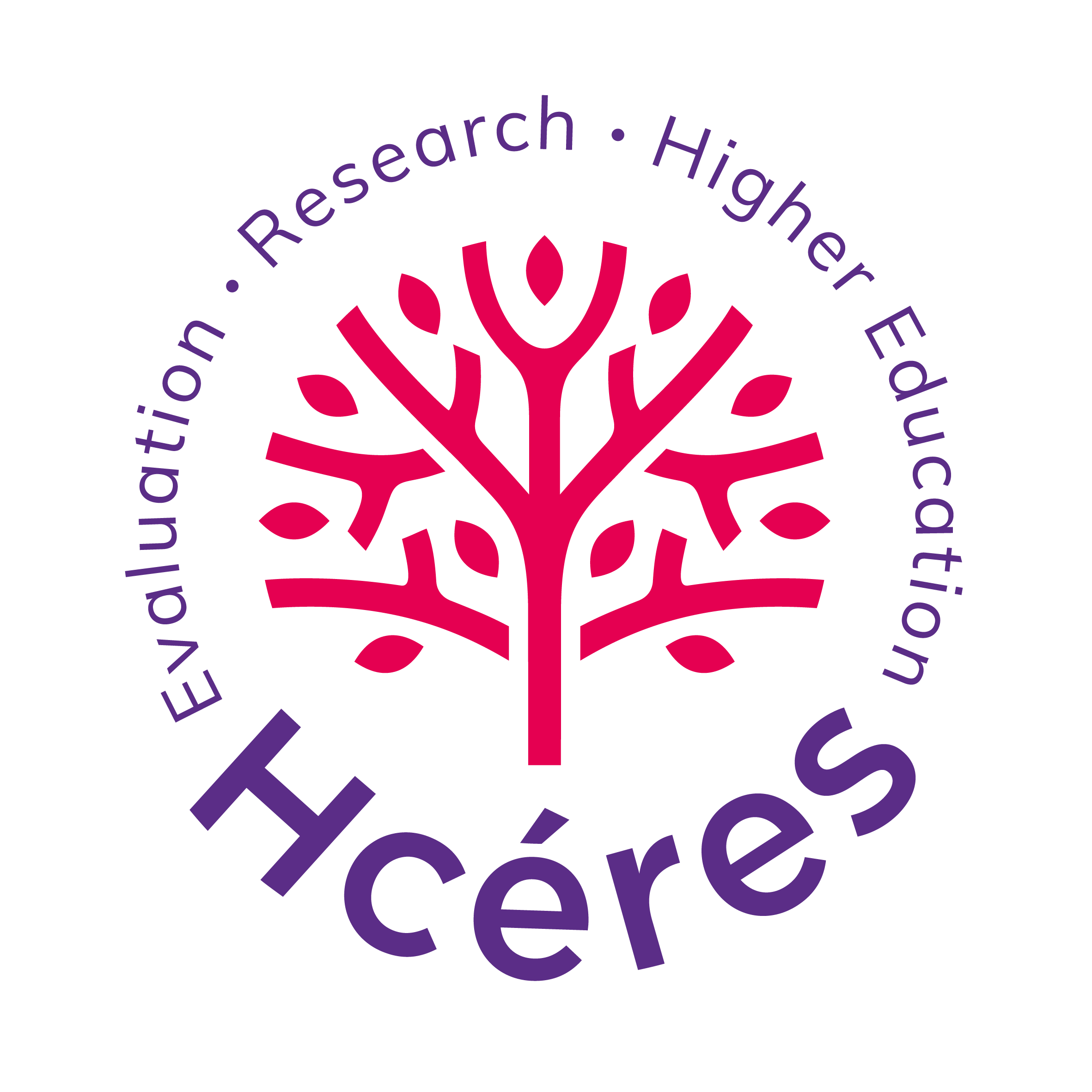Experts, Evaluation
Composition of the committee in charge of assessing Inserm in 2025
Published on
The committee of experts in charge of assessing Inserm in 2025 includes 9 members, representing 6 nationalities, recognized for their scientific excellence, their experience in leading higher education and research institutions, and their knowledge of the world of healthcare and biomedical research.
- Anna DOMINICZAK, regius professor of medicine in cardiovascular and metabolic health at the University of Glasgow, chief scientist in health of the Scottish government, chair of the committee;
- Maria BLASCO, director of the Spanish national cancer research centre (CNIO);
- François CUNY, deputy CEO for innovation, Inria;
- Chris DAY, vice-chancellor and president of Newcastle University, United Kingdom;
- Sylvain DUCROZ, deputy CEO, Institut Gustave Roussy;
- Katherine FROHLICH, scientific director of the Institute of population and public health (IPPH) of the Canadian institutes of health research (CIHR), professor of public health at the University of Montreal;
- Patrick LÉVY, emeritus professor of physiology and physician, former president of Grenoble Alpes University;
- Roger MARTHAN, professor and physician in physiology, former vice-president for research of the University of Bordeaux;
- Jessica POLKA, director of the open science program at the Astera Institute, USA.
The assessment will be in English. The main stages of the assessment process are the following:
- March 2023 - October 2024: preparation by Inserm of its self-assessment report, on the basis of the "Reference assessment framework for national research organizations" approved in October 2021 by the Hcéres Board and of the "Key discussions points" published in March 2024 on the Hcéres website;
- November 2024 - March 2025: preparatory work by the assessment committee;
- April 2-4, 2025: assessment visit of Inserm by the committee;
- Summer 2025: publication of the assessment report.
Anna DOMINICZAK
Chair of the assessment committee
Regius professor of medicine in cardiovascular and metabolic health at the University of Glasgow, chief scientist in health for the Scottish government
Dame Anna Dominiczak obtained a M.D. in 1978 from the Gdansk medical University in Poland. In 1982, she moved to Scotland to pursue her career at the University of Glasgow, with major research interests in hypertension, cardiovascular genomics and precision medicine.
She held a British heart foundation (BHF) chair of cardiovascular medicine at the University of Glasgow between 1997 and 2010 and directorship of the BHF cardiovascular research centre between 2000 and 2010.
Between 2010 and 2020, she is vice-principal and head of the college of veterinary medical and life sciences at the University of Glasgow. She actively participated in the development and delivery of the University’s clinical academic campus at the Queen Elizabeth university hospital where she led a triple helix partnership between academia, the National health service (NHS) and industry.
She was a president of the European society of hypertension, the association of physicians of Great Britain and Ireland, vice president for life sciences of the Royal society of Edinburgh, and health innovation champion for the Medical Research Council.
In 2005 she was awarded the Order of the British Empire and in 2016 she was awarded Dame Commander of the British Empire (DBE) for services to cardiovascular and medical sciences.
In July 2022, professor Dominiczak was appointed as chief scientist in health for the Scottish government, where she leads and coordinates health research and innovation, working in partnership with the NHS, academia and industry to develop rapid translation and adoption of transformative innovations for the Scottish NHS.
Maria BLASCO
Director of the Spanish national cancer research centre (CNIO)
Maria Blasco obtained in 1993 a PhD in biochemistry and molecular biology from Autonoma University of Madrid. Her research is devoted to the study of telomeres and telomerase and their role in cancer and aging.
After several postdoctoral fellowships, in Spain and in the US, she became in 1997 staff investigator at the national centre of biotechnology in Madrid.
She joined the CNIO in 2003 as head of the telomeres and telomerase group, a position she still holds. The same year, she also became director of the molecular oncology program until 2011. Between 2005 and 2011, Maria Blasco was vice-director of basic research. She is director of the CNIO since 2011.
Maria Blasco was namely the EMBO gold medal in 2004, and was designated full member (Académica de Nùmero) of the Royal Spanish academy of pharmacy.
François CUNY
Deputy CEO for innovation, Inria
François Cuny completed a PhD in computer science at Inria in 2000. He then founded his first startup based on a technology transfer developed during his PhD.
He devoted his postdoc year at the Inria Nancy-Grand-Est research centre to launching this project, which won the national competition to support business creation.
In 2005, he took part in the creation of the Paris Region competitiveness cluster Systematic, which is an ecosystem of 900 members dedicated to deep tech. He was promoted general delegate of Systematic in 2011.
In June 2018, he took over the management of the competitiveness and knowledge department within the Grand Est region.
In October 2018, François Cuny was appointed deputy CEO for innovation of Inria.
Chris DAY
Vice-chancellor and president of Newcastle University, United Kingdom
Chris Day first started as a clinician at the Freeman hospital in Newcastle in 1985 and then became research scientist in liver disease at Newcastle University in 1987. In 1994, he went on to be a consultant hepatologist at the Freeman hospital to finally become professor of hepatology at Newcastle University (2000).
In 2004, he became head of the school of clinical medical sciences at Newcastle University, and pro-vice chancellor in 2007. He is vice-chancellor and president of Newcastle University since January 2017.
Professor D ay is, since 2023, chair of the Russell group, a group representing 24 leading UK universities.
He is also a fellow and former clinical vice-president of the Academy of medical sciences.
Professor Day was awarded a Commander of the Order of the British Empire (CBE) for health research and treatment in 2023.
Sylvain DUCROZ
Deputy CEO, Institut Gustave Roussy
Sylvain Ducroz graduated from the Institut d’études politiques de Paris (school of public affairs) in 1998 and from the École nationale de la santé publique (National school of public health) in 2000.
He began his career in 2000 at the Portes de l'Oise hospital (Val-d'Oise) as director of economic and technical services for two years, then as director of human resources at the Armand Trousseau Children's Hospital in Paris.
He then joined the Nancy University Hospital (Meurthe-et-Moselle), where he became director of financial affairs in 2004. In 2007, he gained his first experience at Institut Gustave Roussy as director of the T2A division, in charge of implementing medicalized pricing and internal contractualization. Two years later, he was appointed general manager of Foch hospital in Suresnes (Hauts-de-Seine), where he remained for five years, until 2015.
He then returned to AP-HP (Paris hospitals), as director of university hospital groups. In 2018, he became director of human resources for the entire Paris University Hospital.
In 2021, Sylvain Ducroz was appointed deputy CEO of Institut Gustave Roussy for a five-year term.
Katherine FROHLICH
Scientific director of the Institute of population and public health (IPPH), Canadian institutes of health research (CIHR), professor of public health at the University of Montreal
Katherine Frohlich obtained a PhD in public health at the University of Montreal in 2000 and went on to conduct her post-doctoral studies at the University of California, Berkeley from 2000-2002. She is a professor in the department of social and preventive medicine in the school of public health of the University of Montreal as well as research associate with the Public health research centre (CReSP). Her programme of research, funded for over 20 years by both the Canadian institutes of health research (CIHR) and the social sciences and humanities research council (SSHRC), focuses on better understanding and reducing social inequities in urban youth health. As an interdisciplinary scholar, her work straddles the boundaries of health promotion, social epidemiology, sociology of health and health geography.
She also co-holds the Myriagone McConnell-UdM chair on youth knowledge mobilization, an interdisciplinary, intersectoral chair with the Faculty of arts and science of the University of Montreal.
Since September 2023, she is the scientific director of the IPPH at CIHR.
Patrick LÉVY
Emeritus professor of physiology and physician, former president of Grenoble Alpes University
Patrick Lévy obtained his M.D. in 1982, and is a pulmonologist since 1983. He also has a PhD in biology (1989).
He was president of Joseph Fourier University in Grenoble from 2012 to 2015 and chaired the Grenoble Alpes University from 2018 to 2020. He also coordinated from 2016 to 2021 the “Grenoble Excellence Initiative” which allowed Grenoble Alpes University to be awarded an Initiative of Excellence (Idex) by the French government.
For 25 years, he developed clinical and translational research in the field of apnoea, for which Grenoble is now one of Europe's reference centres.
He chaired the Société française de recherche et de médecine du sommeil (French society for sleep research and sleep medicine) from 1999 to 2001 and created and chaired the Institut national du sommeil et de la vigilance (National sleep and vigilance institute) from 2000 to 2007.
Roger MARTHAN
Professor and physician in physiology, former vice-president for research of the University of Bordeaux
Roger Marthan obtained his M.D. in 1983 at the University of Bordeaux and specialized in anaesthesiology-intensive care the same year.
He then went on to do a postdoctoral fellowship at the University of Sydney's Woolcock Institute of Medical Research. Back to France, Roger Marthan set up an Inserm research group in 1998 on the pathophysiology of bronchial and pulmonary vascular reactivity. From 2006, he also directed the Institut Fédératif de Recherche (IFR Inserm n°4) “Coeur Poumons Vaisseaux Thrombose” (Heart Lungs Blood vessels Thrombosis), which led to the creation of the Centre de recherche cardio-thoracique de Bordeaux (Bordeaux cardio-thoracic research centre) in 2011. He was director of this centre until 2023.
He was director of the École doctorale des sciences de la vie et de la santé (Doctoral school of life and health sciences) from 2006 to 2016, before setting up the Collège des écoles doctorales de l'université de Bordeaux (College of doctoral schools of the University of Bordeaux) in 2016, which he now heads.
Roger Marthan was vice-president for research of the University of Bordeaux from 1998 to 2002 and of Bordeaux University Hospital from 2010 to 2023.
Jessica POLKA
Director of the open science program at the Astera Institute, USA
Jessica Polka obtained a PhD in biochemistry and cell biology from the University of California San Francisco in 2012. In 2013, she did a postdoctoral fellowship in synthetic biology at Harvard medical school until 2017.
In 2016, she co-founded and served as executive director of ASAPbio, an open science nonprofit organization focused on community development and culture change around the adoption of preprints and open peer review.
In February 2024, she joined the Astera Institute, a nonprofit organization meant to support the creation of public goods to accelerate scientific and technological progress. She heads the Astera Institute's open science program, which supports the development of innovative knowledge sharing tools by entrepreneurial Fellows.



